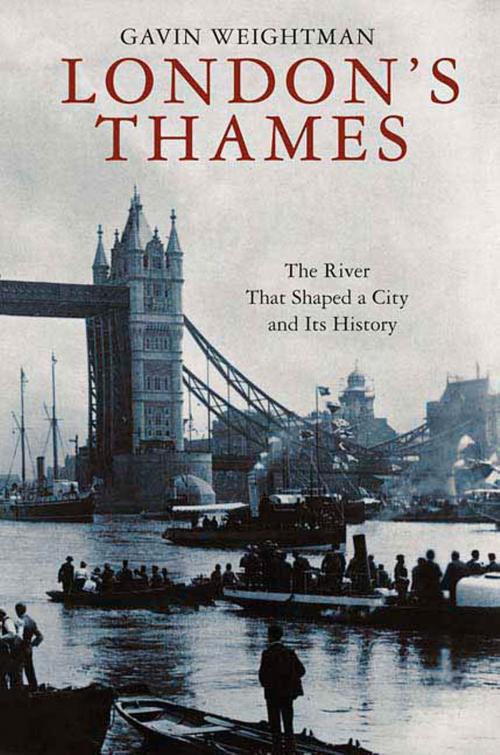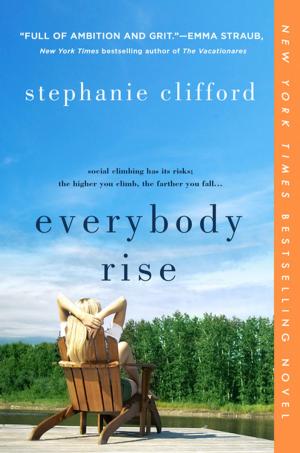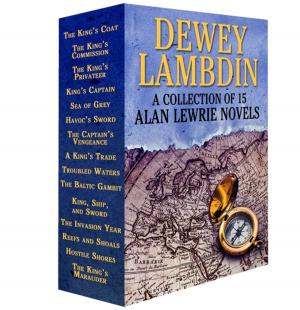| Author: | Gavin Weightman | ISBN: | 9781466862180 |
| Publisher: | St. Martin's Press | Publication: | January 7, 2014 |
| Imprint: | St. Martin's Press | Language: | English |
| Author: | Gavin Weightman |
| ISBN: | 9781466862180 |
| Publisher: | St. Martin's Press |
| Publication: | January 7, 2014 |
| Imprint: | St. Martin's Press |
| Language: | English |
Without the Thames, there would be no London or England. From earliest times, the city's needs--whether for stone, gold, or coal, for hay to feed livestock or food, wine and spices for human beings--were supplied from the river, as the fierce tides brought ships upstream or carried them down again. Only with the age of trunk road and rail did London's global importance as a port diminish. Even after that the tides continued to drive the great power stations.
Gavin Weightman's fascinating book London's Thames, a compendium of often surprising information, is the best possible introduction to the water and its ways, the buildings that line the banks, and the people who lived by the river, their customs and ancient knowledge. Everything is to be found here: trade and tide, lightermen, watermen and dockers, bridges, funnels and ferries, frost fairs and regattas, clear water, fish and wildlife, pollution and waste, fortification and defense. Above all, one feels the presence of the great waterway itself, a force of nature in our urban midst.
Without the Thames, there would be no London or England. From earliest times, the city's needs--whether for stone, gold, or coal, for hay to feed livestock or food, wine and spices for human beings--were supplied from the river, as the fierce tides brought ships upstream or carried them down again. Only with the age of trunk road and rail did London's global importance as a port diminish. Even after that the tides continued to drive the great power stations.
Gavin Weightman's fascinating book London's Thames, a compendium of often surprising information, is the best possible introduction to the water and its ways, the buildings that line the banks, and the people who lived by the river, their customs and ancient knowledge. Everything is to be found here: trade and tide, lightermen, watermen and dockers, bridges, funnels and ferries, frost fairs and regattas, clear water, fish and wildlife, pollution and waste, fortification and defense. Above all, one feels the presence of the great waterway itself, a force of nature in our urban midst.















